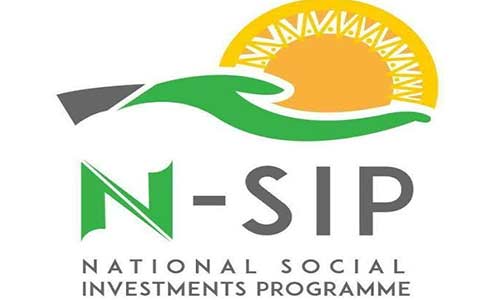A two-day National Dialogue on Independent Monitoring of Nigeria’s Social Investment Programmes (NSIP) has opened in Abuja. The dialogue will focus on strengthening accountability and oversight frameworks.
Organised by Research Enterprise Systems (RES) in collaboration with the Accountability Research Centre (ARC) at American University, Washington, DC, the event seeks to address challenges in monitoring government-led social welfare programmes and share best practices for their implementation.
The NSIP, a flagship initiative of the Federal Government of Nigeria, employs 7,500 independent monitors and has reportedly benefited over 15 million citizens through programs such as N-Power and the Home Grown School Feeding Initiative.
Despite challenges, the participatory oversight model has been recognised as a groundbreaking approach in Nigeria and possibly the largest globally.
The dialogue brought together key stakeholders, including national and state coordinators, representatives from the Ministry of Humanitarian Affairs and Poverty Alleviation, and international experts. Funded by the MacArthur Foundation under its On Nigeria program, the event stems from the Citizen Monitoring of Government Programs in Nigeria research project.
In his opening remarks, Professor Fatai Aremu, executive director of RES, emphasised the importance of robust monitoring systems to ensure transparency and accountability in social welfare programs.
Professor Rachel Robinson of American University, Dr Kole Shettima, West Africa regional director of the MacArthur Foundation, and Mr Abel Olumuyiwa, permanent secretary of the Federal Ministry of Humanitarian Affairs and Poverty Alleviation, echoed these sentiments.
The keynote lecture, delivered by Dr Bindir Umar, a former national coordinator of NSIP, addressed the need for sustainable institutional frameworks to strengthen the impact of social investment programs.
Panellists, including Okon Nsikak, Dr Fatiya Askederin, and Mr Idris Shehu, further explored strategies to enhance program monitoring and evaluation.
The dialogue underscores the critical role of citizen engagement in advancing accountability and improving service delivery in Nigeria’s social welfare programs.
Stakeholders are expected to issue recommendations to refine monitoring mechanisms and ensure the NSIP continues to deliver measurable benefits to its target populations.





